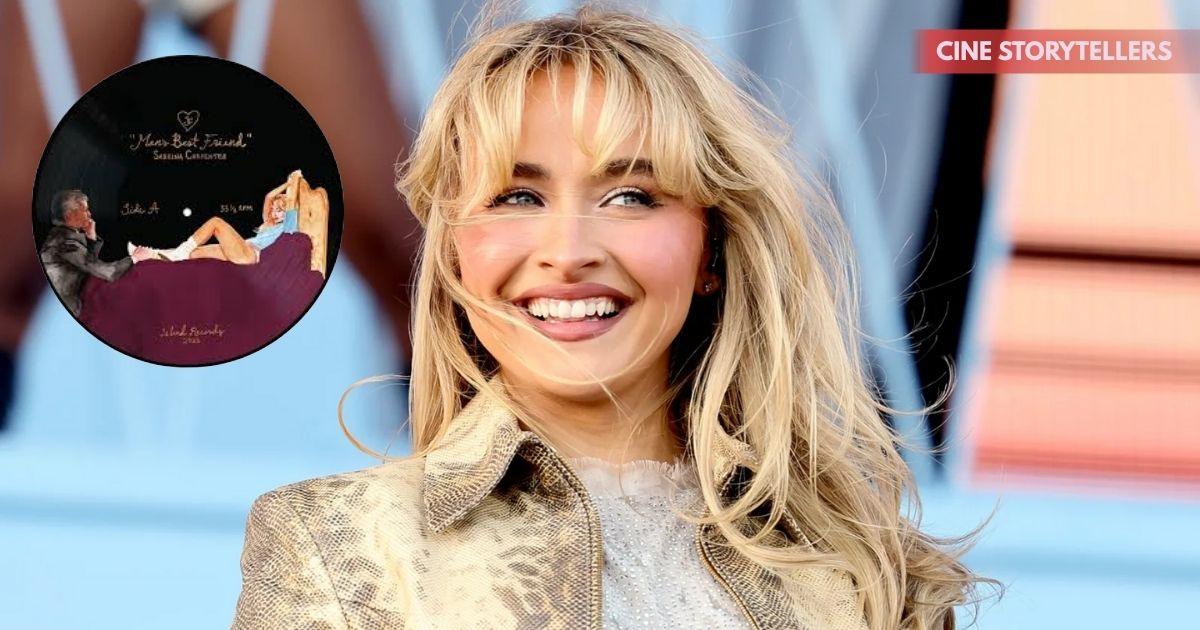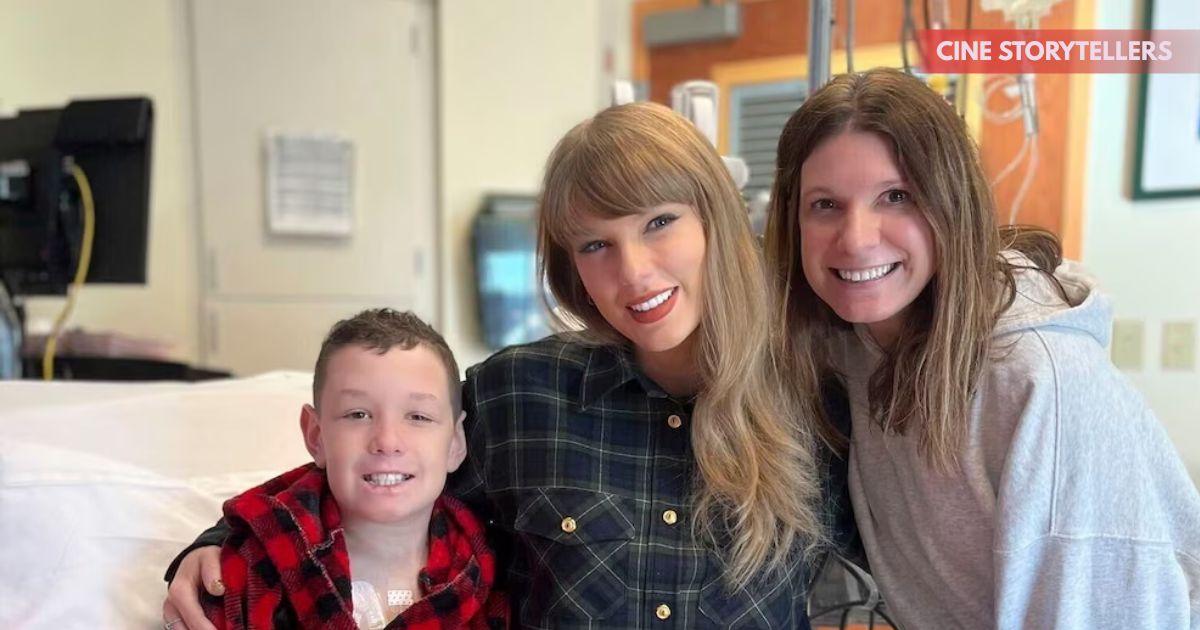Summary
Sabrina Carpenter’s upcoming album Man’s Best Friend has sparked controversy due to its provocative cover art, which shows her on all fours with a man pulling her ponytail. Critics say it promotes the male gaze and is inappropriate for her young audience, while supporters argue it’s a satirical take on gender roles tied to her new single “Manchild.” The backlash also includes accusations of plagiarism over similarities to a French model’s photo. Though Carpenter hasn’t commented, many believe the controversy may be a strategic move to drive attention before the album’s release on August 29, 2025.
Pop star Sabrina Carpenter is once again in the spotlight—this time not just for her music, but for the provocative artwork accompanying her upcoming album, Man’s Best Friend, set for release on August 29, 2025. The album cover, which features Sabrina on all fours while a man holds her ponytail, has ignited intense debate across social media, music forums, and cultural think pieces.
The Cover That Shook the Internet
The album image, styled with deliberate boldness, has been criticized by some for promoting submissiveness and echoing misogynistic tropes. The pose—Sabrina crouched with a leash-like grip on her hair—was seen by critics as degrading, especially given her fanbase includes many teens and young women.
Some labeled the image “tone-deaf,” accusing it of catering to the male gaze and undermining the feminist messaging many hoped to see from the rising pop icon.
However, supporters argue that the artwork is deliberately satirical, serving as a commentary on gender roles and objectification. Many fans defended Sabrina, saying the visual aligns with the theme of her new lead single “Manchild”, a song believed to poke fun at immature men and gender expectations.
A Deeper Artistic Message?
This isn’t the first time pop art has stirred conversation. Like Madonna, Lady Gaga, and Doja Cat before her, Sabrina Carpenter may be using the moment to subvert expectations and force a conversation on the line between sexual empowerment and cultural responsibility.
Supporters on platforms like X (formerly Twitter) and Instagram suggested the cover could be a deliberate parody of female objectification. Some even called it “genius” for inviting criticism while controlling the narrative around her image.
Still, many questioned whether such themes could have been expressed without shock value or imagery that risks being misread—especially when marketed to millions of young fans.
Fans Divided Online
On Reddit and TikTok, the reaction has been mixed. One user wrote, “It feels performative—like she’s trying too hard to be edgy.” Another commented, “She’s making a point. If you’re mad, maybe that’s the point too.”
Some fans compared the visual to Britney Spears’s early 2000s imagery, drawing parallels to how young female pop stars often use hyper-sexualized visuals to gain or maintain relevance.
Still, others stressed that the current generation of artists should evolve beyond shock marketing, especially in an era where representation and impact matter more than ever.
Plagiarism Accusations Surface
Adding fuel to the controversy, Sabrina’s earlier Espresso artwork was also called out for striking similarities to an old photo of French model Tiffany Collier. Side-by-side comparisons emerged online, showing poses and styling that appeared almost identical.
While Sabrina’s team hasn’t officially responded, critics are now accusing her of copying without credit, a serious allegation in a creative industry that increasingly values originality.
Defenders argue the similarities may be a coincidence or a creative homage, but the discussion continues to evolve as more fans investigate visual references.
Is This All Strategic?
Some believe the controversy is no accident. With Sabrina’s profile soaring—thanks to chart-topping singles like Feather and Espresso—her team could be using calculated visuals to maximize media attention.
In the weeks leading to an album drop, artists often look to create buzz, and this cover certainly did. Headlines, debates, and trend cycles are now centered on the Man’s Best Friend campaign.
Whether intentional or not, it has turned the spotlight onto Sabrina’s project—possibly securing its commercial success before the music is even heard.
The Bigger Picture: Pop, Power & Provocation
Sabrina Carpenter is part of a larger trend where young female pop stars use provocative imagery to claim control over their narratives. But it’s a delicate balance. The line between artistic freedom and social responsibility is thin, especially in a digital age where messages are dissected instantly.
Artists like Billie Eilish and Olivia Rodrigo have walked this path cautiously, while others like Cardi B and Miley Cyrus have leaned into boldness. Sabrina appears to be staking her claim as a pop provocateur, and whether this will help or hinder her long-term brand remains to be seen.
What Sabrina Has Said So Far
As of now, Sabrina Carpenter hasn’t addressed the backlash directly. Her only social media comments about the album focus on celebration, calling Man’s Best Friend her “most personal and playful work to date.”
In past interviews, she has spoken about reclaiming agency and pushing boundaries as a woman in pop. This artwork may be part of that mission—whether audiences accept it is still unfolding.
What the Album Might Explore
While full details about the album are under wraps, fans speculate it will explore themes of:
- Power and relationships
- Public image and media perception
- Modern femininity
- Humor and irony in love
If the album continues in the same vein as Espresso and Manchild, it may blend light pop melodies with biting lyrics, sarcasm, and layered messages.
Also Read : Harris Yulin Dies at 87 – Remembering the Iconic ‘Scarface’ and ‘Ghostbusters II’ Actor
Conclusion
Sabrina Carpenter’s album cover has started a firestorm of debate—but that may be the point. Whether seen as empowering, controversial, or strategic, the imagery forces conversations about art, intent, and identity. In today’s pop culture, that kind of impact might be the ultimate success.
Join our WhatsApp channel for more updates and information about celebrities and entertainment



